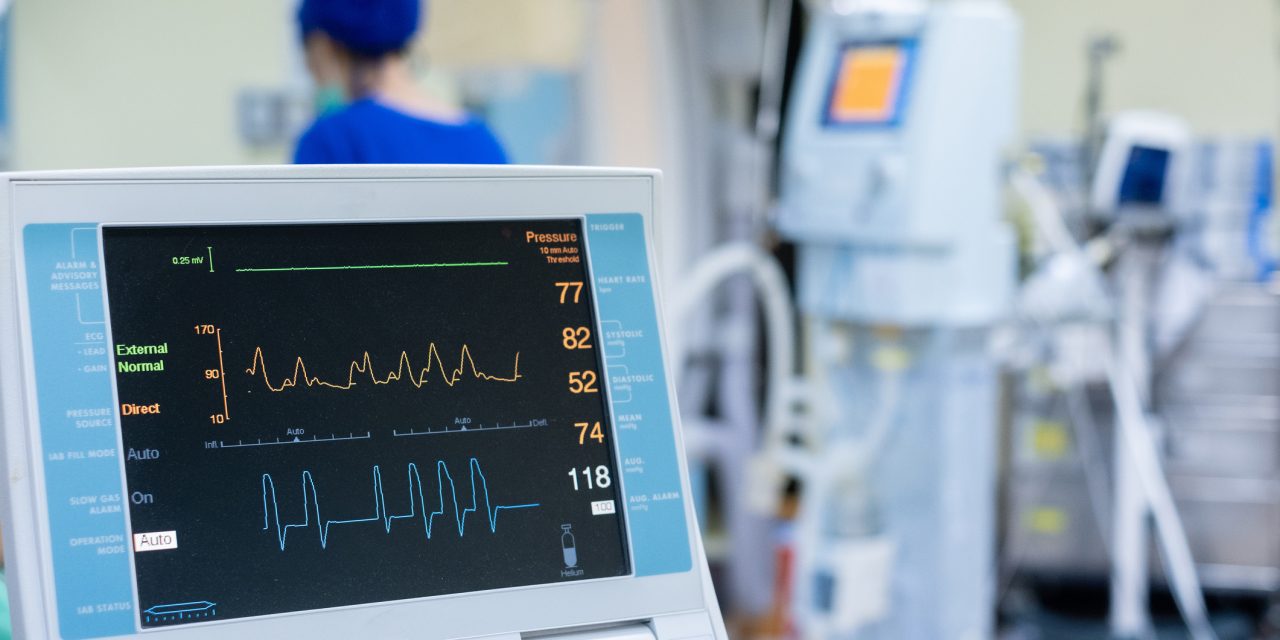Our objective was to obtain estimates of the impact of the Dutch vaccination programme on medication use, outpatient visits, hospitalization and mortality at age 65.
We linked population-wide mortality, hospitalization and municipality registries to identify influenza-related deaths and hospitalizations, and used health interview surveys to identify medication use and outpatient visits during 1996-2008. We applied a regression discontinuity design to estimate the intention-to-treat effect of the personal invitation for a free influenza vaccination sent to every Dutch inhabitant at age 65 years on each of the outcomes, separately in influenza-epidemic and non-epidemic months.
Invitation receipt for free influenza vaccination at age 65 led to a 9.8 percentage points [95% confidence interval (CI) = 3.5 to16.1; P < 0.01] rise in influenza vaccination. During influenza-epidemic months, it was associated with 1.5 fewer influenza/pneumonia deaths per 100 000 individuals (95% CI = -3.1 to -0.0; P = 0.05), a 15 percentage point lower probability to use prescribed medicines (95% CI = -28 to -3; P = 0.02) and 0.13 fewer General Practitioner (GP) visits per month (95% CI = -0.28 to 0.02; P = 0.09), while the association with hospitalizations due to influenza/pneumonia was small and imprecisely estimated (seven more hospitalizations per 100 000 individuals, 95% CI = -20 to 33; P = 0.63). No associations were found with any outcomes during non-epidemic months.
Personal invitations for a free influenza vaccination sent to every Dutch inhabitant at age 65 took pressure off primary health care but had small effects on hospitalizations and mortality.
© The Author(s) 2020. Published by Oxford University Press on behalf of the European Public Health Association.
The Dutch influenza vaccination policy and medication use, outpatient visits, hospitalization and mortality at age 65.


